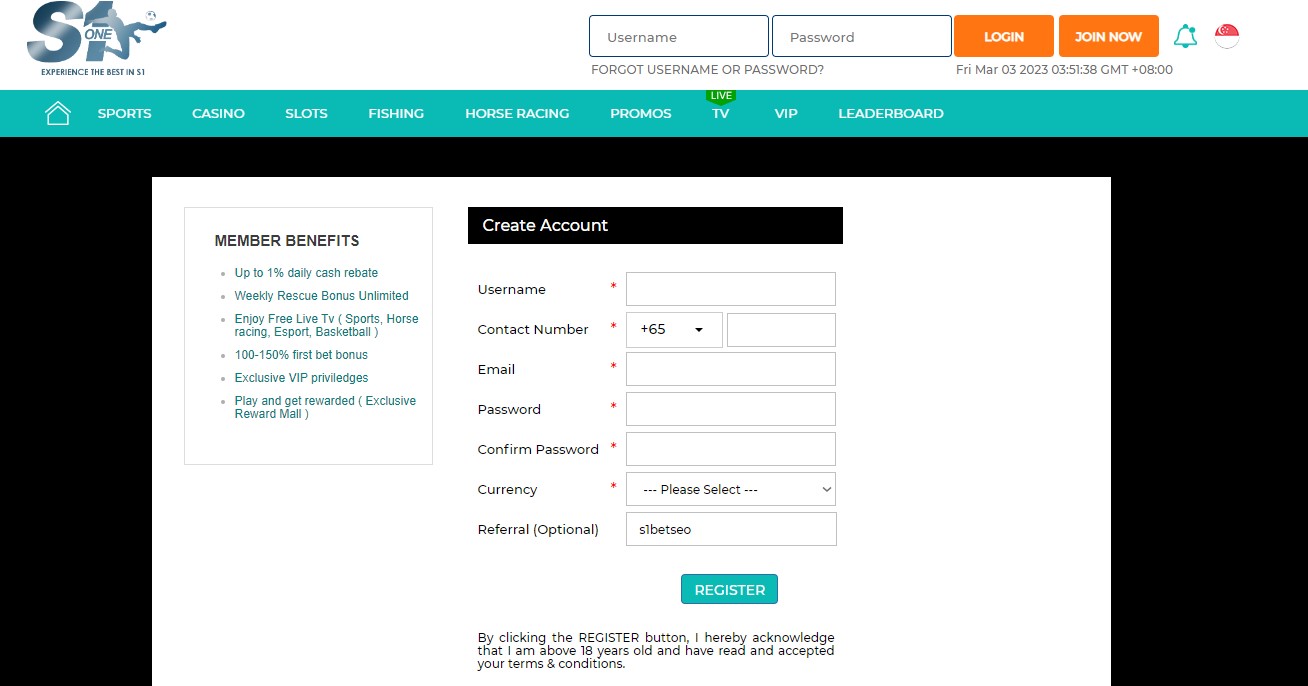
Despite the Internet having a worldwide audience, there is still no legislation that caters to online gambling legality across the globe.
Countries do have their gambling laws that handle regulatory and legal issues. The online gambling laws vary, meaning what is legal and not will depend on your region.
This article takes you through online gambling legalities, including regulation and licensing.
Understanding Online Gambling Laws
Online gambling laws were passed to help prohibit or regulate gambling and any associated activity. However, Most of these rules no longer apply to today’s bettors or modern gambling methods.
2006 Unlawful Internet Gambling Act
The act strives to prevent operators in the gambling industry from taking deposits from individuals from regions where gambling is considered illegal.
It also prohibits banking institutions from accepting transactions between sports books, online casinos, and customers.
The 1961 Wire Act
The Wire Act of 1961 was introduced to help curb gambling operations mainly owned by mafias in the US.
This gambling law prohibited transmitting sports betting and any accompanying cash across different states.
The 1961 Travel Act
Both the Travel and the Wire Acts were signed at the same time. Travel Act made it illegal to travel across different state lines with sports bets.
This made it impossible for renowned mafias to drive or wire their picks to bookies. However, this gambling law is irrelevant today as bookies no longer manage picks using their hands.
The 1961 Act of Wagering Paraphernalia Interstate Transportation
This gambling law prohibits traveling across state lines with devices or tools used for bookmarking.
Some common tools or devices targeted include betting slips, ledgers, computer disks, and other items bookies use to run their business.
The 1970 Illegal Gambling Business Act
In this gambling law, any gaming sport with over five employees generating over $2,000 in gross revenue a day was considered illegal.
In this law, the feds did have the authority to confiscate profits and shut down the casinos. The law automatically comes into play for businesses that operate in the US and have their servers locally.
The 1970 RICO Act
This is one of the most powerful gambling laws ever to be created. The law allows the government to use criminal money to fight their illegal business.
The law is behind why the strong mafia influence ceased to exist.
Licensing and Regulatory Authorities
Any gambler’s nightmare is to register with a fraudulent operator. This places their financial and personal details at risk.
Licensing and regulatory authorities have come in to help control the situation. Here are some of the common licensing and regulatory authorities
Kahnawake Gaming Commission
Although established in 1996, the Kahnawake Gaming Commission started operating in 1999. The commission helps in overseeing gambling licenses to both offline and online casinos.
The Kahnawake Gaming Commission uses Mohawk Internet Technologies to track its online gaming spectrum.
Malta Gaming Authority (MGA)
Malta Gaming Authority is a three-way organization overseeing offline and online casinos’ auditing, licensing, and regulatory affairs.
It also protects vulnerable players from exploitation, protects gamblers funders, and oversees financial dealings.
United Kingdom Gaming Commission
The United Kingdom Gaming Commission is not tied to any UK government department. It is responsible for monitoring gambling activities in Britain.
It covers lottery, sports betting, slot machines, and other online casino games. However, the commission does not monitor operators’ actions and discovery of any foul play.
Curacao E-gaming Licensing Authority
Curacao E-gaming Licensing Authority is among the oldest licensing and regulatory bodies. It licenses over 450 platforms. The registration procedure is easy and fast.
One will need a gambling site and necessary capital. Most operators prefer this authority due to its favorable tax laws.
Gibraltar Licensing and Regulatory Authority
The Gibraltar Licensing and Regulatory Authority’s purpose since its establishment in 2000 was to focus on electronic communications.
Electronic communication comprises sports betting, online casino gaming, and other gambling forms.
The Gibraltar Licensing and Regulatory Authority provides lottery promotion operators, sports betting sites, and casino operators’ licenses.
Benefits of Licensed Online Casinos
Licensed online casinos are known to be a legitimate and reliable option for the ever-evolving gaming industry. Here are some of the advantages licensed casinos offer to its players:
- Promotes Responsible Gaming: For any online casino to be licensed, they must promote responsible gaming by incorporating features like self-exclusion options, deposit restrictions, and problem gambling resources. All these strive to encourage players to exercise responsible gaming.
- Timely Payouts: Before any casino can be licensed, they must prove that they abide by financial standards to ensure players receive their winnings in time.
- Quality and Reliable Customer Service: Any licensed casino must offer responsive and fast customer service to help solve players’ problems and inquiries.
- The integrity of the Game: Online casinos must undergo extensive auditing and testing processes before being licensed. With this, the players can be sure the games are fair and offer random outcomes.
Future Trends in Online Gambling Regulation
The gambling industry evolves with new regulatory frameworks, market trends, and technologies determining its landscape.
Knowing future online gambling regulations as the industry continues flourishing is essential.
In this section, we look at the future trends highlighting key online gambling regulations.
- Responsible Gambling and Player Protection: Strict regulations are being implemented to help safeguard players from any risk that might come from irresponsible gambling.
The operators must offer resources for deposit limits, self-exclusion, and time management tools to help employer players and ensure they make informed decisions. It also ensures control over all online gambling real money activities. - Marketing and Advertising Regulations: Strict guidelines are implemented to help ensure all advertisements are fair and transparent and do not mislead the players. Terms and conditions must be disclosed; all online casino games gambling messages must be responsible, and proper age verification mechanisms must be implemented. This helps in protecting the players from any form of unethical advertisement.
- Data Privacy and Protection: All gambling operators must protect and handle personal information per the GDRP principles. A robust data security mechanism, data breach reporting measures, and consent mechanisms must be needed to ensure the confidentiality and privacy of players’ details.
- Technological Regulatory and Advancements Response: Data analytics and AI emergence have created new possibilities for regulators to monitor all gambling activities and point out irregularities and risks. AI is capable of analyzing huge data amounts in real-time. This enables the regulators to identify any problematic behavior patterns like fraud. Leveraging data and AI ensures regulators can intervene to maintain online gambling operations’ integrity and vulnerable players.
Advancements in technology have led to the emergence of facial recognition, biometric identification, and geo-location services that offer regulators strong tools to help verify players’ identity and location.
All these technologies help encourage responsible gambling and ensure all players access regulated and licensed platforms.
Summary
Regulation and licensing of online casinos are essential in the ever-evolving gambling industry for any operator who wants to offer players an entertaining, trustworthy, and reliable gaming platform.
Players are encouraged to play at licensed online casinos for different reasons, such as safety.
Licensed online casinos will help promote reliable and safe gaming ecosystems as they will always adhere to the guidelines established by different regulatory bodies.

